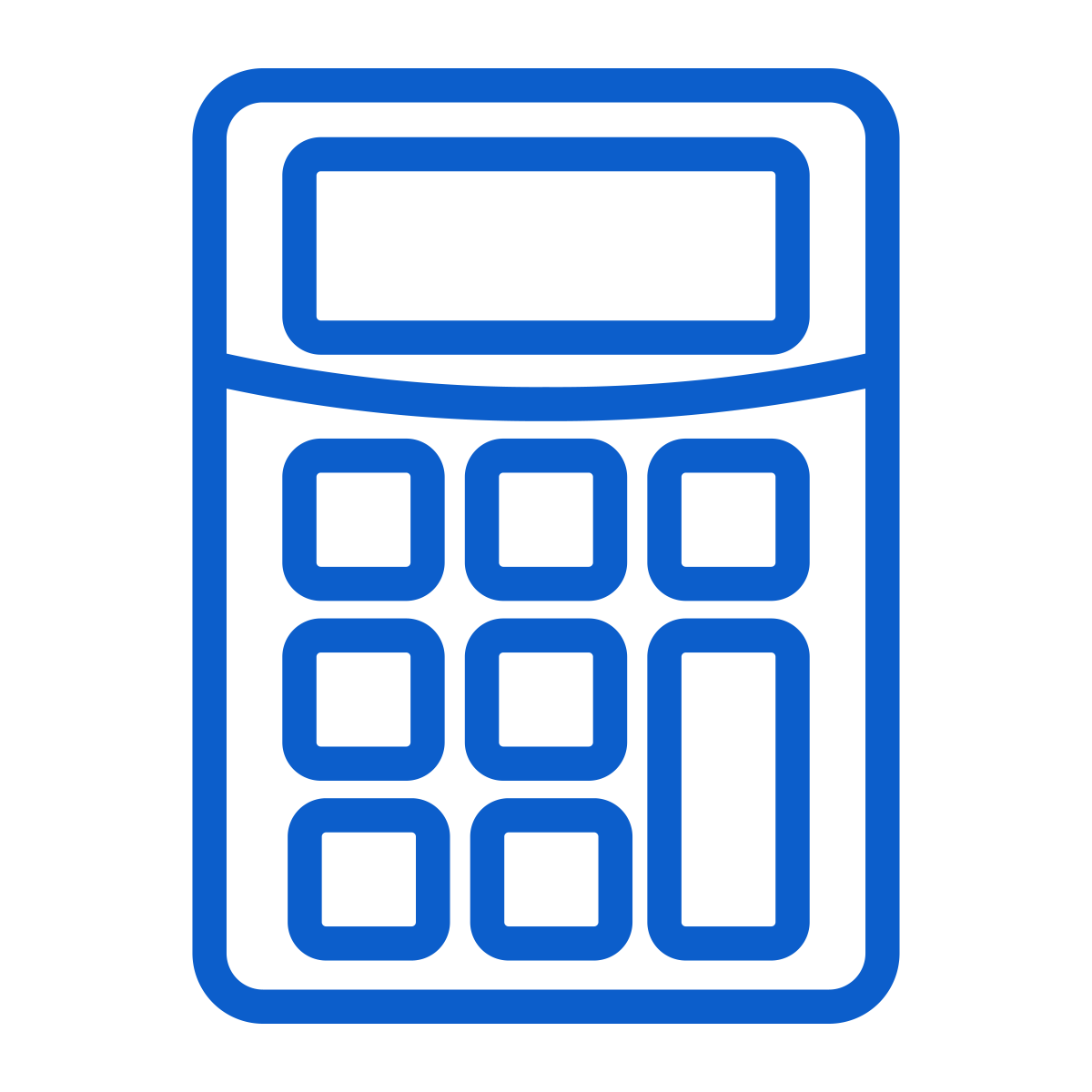Search for COVID-19 Information Here
How do pregnant people or new mothers stay safe? What rules are in place for labor and delivery during COVID-19?
If you are pregnant or were recently pregnant, you are more likely to get severely ill from COVID-19 compared to people who are not pregnant.
People who become severely ill with COVID-19 may need to be hospitalized, admitted to an intensive care unit, placed on a ventilator to help them breathe, and can die.
Pregnancy causes changes in the body that could make it easier to get very sick from respiratory viruses like the one that causes COVID-19. These changes in the body can continue after pregnancy.
Effect on Pregnancy
People with COVID-19 during pregnancy are more likely to experience complications that can affect their pregnancy and developing baby compared to people without COVID-19 during pregnancy.
For example, COVID-19 during pregnancy increases the risk of delivering a preterm (earlier than 37 weeks) or stillborn infant. People with COVID-19 during pregnancy may also be more likely to have other pregnancy complications.
Protecting Yourself
- The CDC recommends everyone 6 months and older get a COVID-19 vaccine, including people who are pregnant, breastfeeding, trying to get pregnant now, or might become pregnant in the future. If you have questions about getting vaccinated, talk to your healthcare provider.
- To maximize protection from variants and prevent possibly spreading the virus to others, wear a mask indoors in public in areas with a high COVID-19 Community Level.
- Avoid crowds and poorly ventilated indoor spaces.
- Stay 6 feet apart from others who don't live with you.
- Wash your hands often with soap and water. Use hand sanitizer if soap and water aren't available.
For more safety tips, refer to the CDC's guidance for pregnant and recently pregnant people or the maternity care report by the NJ Department of Health and NJ Health Care Quality Institute.
Support During Labor
To support expecting mothers and families during this public health crisis, if hospitals restrict visitation, support persons will be allowed during procedures or in the recovery room for childbirth.
Medicaid Updates
To improve maternal and infant health, the State Medicaid program now covers doula care while no longer paying for non-medical early elective deliveries.
The new coverage and requirements were effective January 1, 2021. Visit njfamilycare.org to learn more about accessing free or affordable health care coverage.
The new doula coverage stems from a law signed by Governor Murphy in 2019 that allows doulas to enroll as Medicaid providers and receive reimbursement for care services.
The new prohibition on Medicaid paying for non-medically necessary early elective deliveries (EEDs) also stems from a 2019 state law.
EEDs are scheduled cesarean sections or medical inductions performed before 39 weeks of gestation without medical indication. Studies show non-medically necessary EEDS performed before 39 weeks of gestation carry risks for babies and mothers, including higher incidences of neonatal intensive care unit admissions, pneumonia and longer hospital stays for infants.
Additional Resources
The Department of Health continues to support expectant mothers, children and families and has modified many of its programs as part of the COVID-19 response. Telehealth is now used to provide:
- doula support
- home visiting
- the provision of critical early intervention services
In addition, virtual support groups are available for new mothers.
To access any of these programs, call the Family Health Line at 1-800-328-3838, or visit the New Jersey Department of Health's information hub for mothers for additional resources.
Source: https://bit.ly/QIMaternityCare; https://www.state.nj.us/health/legal/covid19/6-29-20_ExecutiveDirectiveNo20-020_LaborDelivery.pdf; https://nj.gov/governor/news/news/562021/approved/20210202b.shtml




